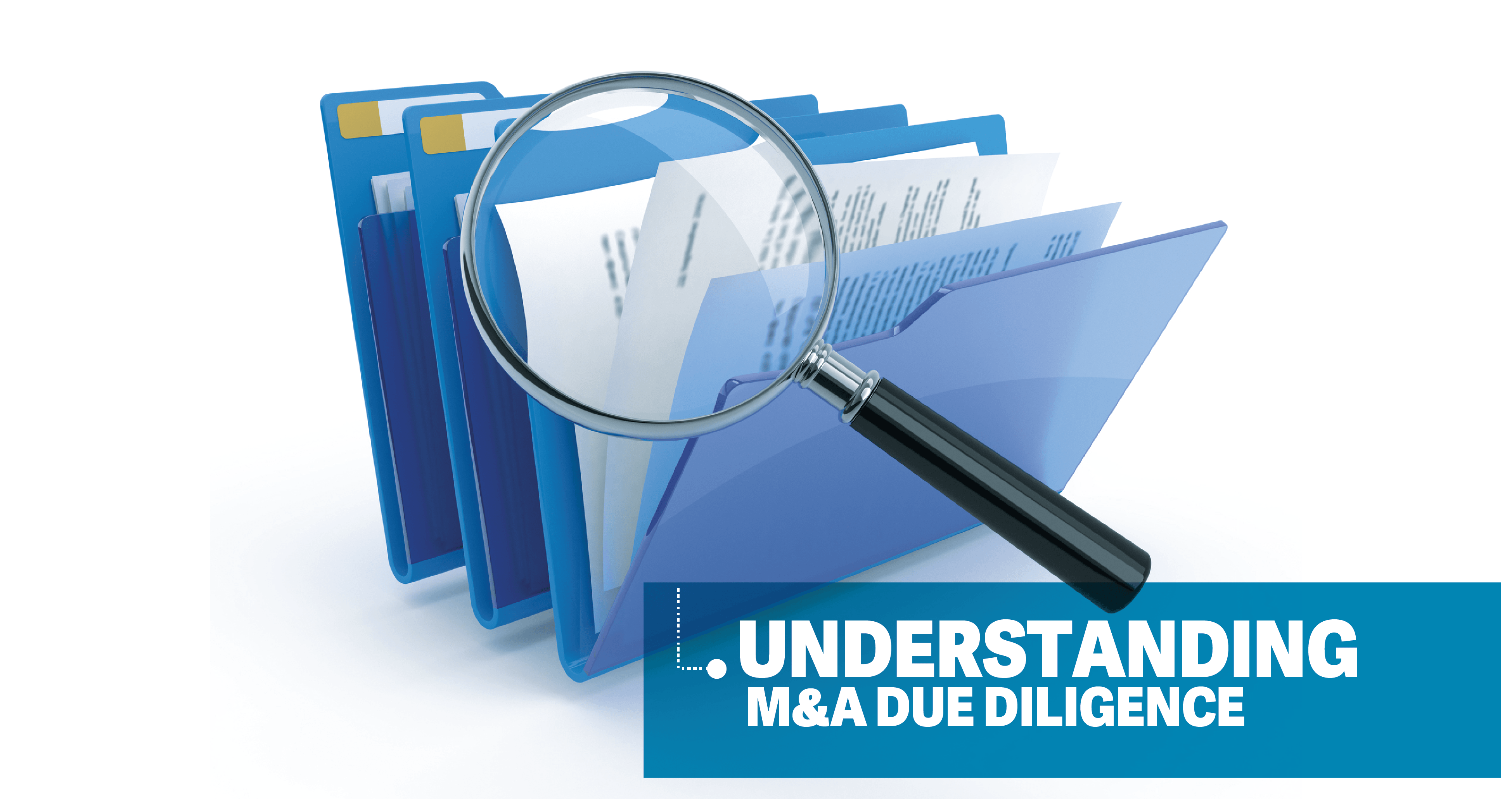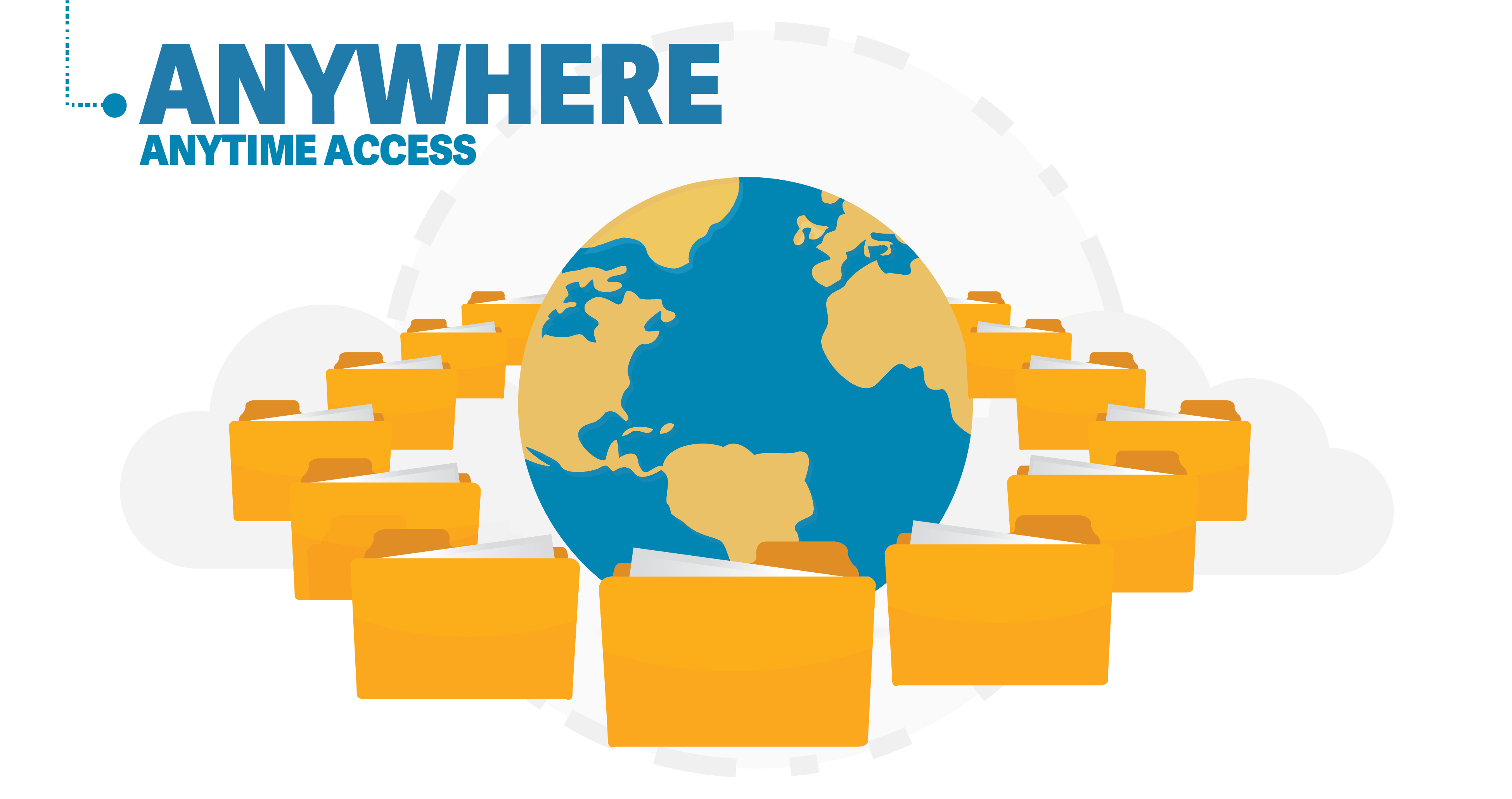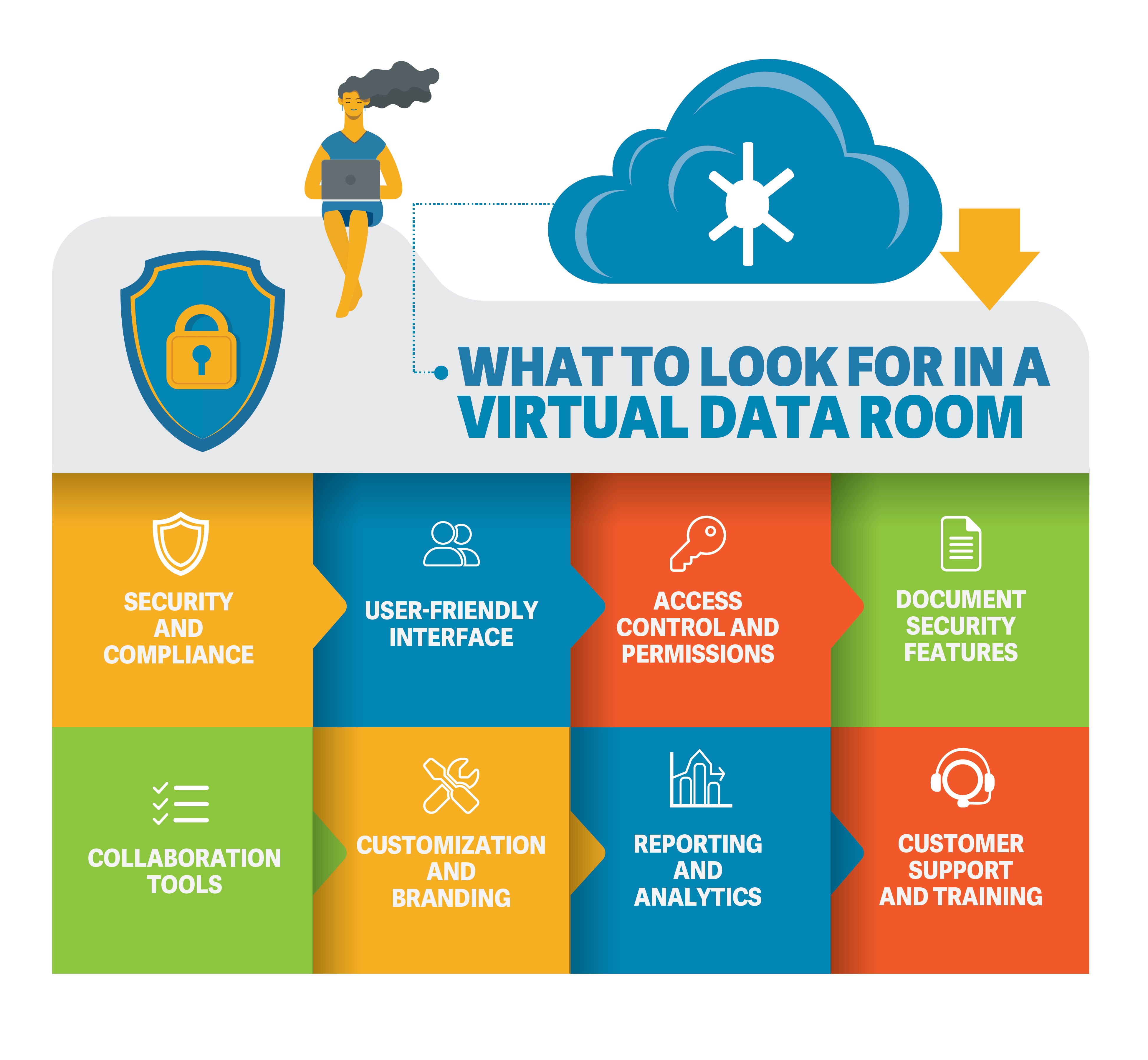Mergers and acquisitions (M&A) are complex business transactions that require meticulous planning, careful analysis, and thorough due diligence. In the digital age, the process of due diligence has been greatly enhanced by the advent of Virtual Data Rooms (VDRs). These secure online repositories have revolutionized the way M&A due diligence is conducted, offering significant advantages over traditional methods and are the reason they’ve become an indispensable tool for dealmakers in today's business landscape.
Understanding M&A Due Diligence
M&A due diligence is the comprehensive investigation and assessment of a target company's financial, legal, operational, and strategic aspects before finalizing an acquisition or merger. It is a critical phase of the M&A process as it helps the acquiring company evaluate potential risks, opportunities, valuation, and the overall viability of the deal. Due diligence involves the review of a wide range of documents and data, including financial statements, contracts, intellectual property, employee records, compliance records, and more.

Challenges in Traditional Due Diligence
Traditionally, due diligence was conducted in physical data rooms, where stacks of documents were stored and accessed by authorized parties. However, this approach had several limitations:
Logistical Challenges: Physical data rooms were located in specific geographic locations, making it inconvenient and costly for remote teams or international parties to access the information.
Security Concerns: Physical documents could be easily mishandled or stolen, posing security risks to sensitive information.
Inefficiency: Reviewing paper documents was time-consuming, with parties needing to physically travel to the data room, review documents on-site, and compile their findings.
Lack of Control: It was challenging to manage and control who had access to which documents, increasing the risk of unauthorized access.
How VDRs Revolutionize M&A Due Diligence
Virtual Data Rooms have transformed the due diligence process in the following ways:
Anywhere, Anytime Access: VDRs are cloud-based document repositories, enabling authorized parties to access documents from anywhere with an internet connection. This facilitates collaboration among global teams and eliminates geographical barriers.

Enhanced Security: VDRs provide robust security features, including end-to-end encryption, access controls, and audit trails. These measures protect sensitive information and reduce the risk of data breaches.
Efficiency and Organization: Documents are digitized and organized in a structured manner, making it easier to search, review, and share information. This significantly accelerates the due diligence process.
Version Control: VDRs allow document owners to manage versions and updates, ensuring that all parties have access to the most current information.
Granular Access Control: Administrators can grant different levels of access to various users, ensuring that only authorized individuals can view specific documents. This control enhances data security and confidentiality.
Real-time Collaboration: VDRs enable real-time communication and collaboration, allowing dealmakers to discuss findings, share notes, and ask questions within the platform.
Document Tracking: Audit trails and reporting features in VDRs provide a detailed record of who accessed specific documents and when, enhancing transparency and accountability.
Cost Savings: VDRs eliminate the need for physical data rooms, reducing costs associated with document printing, storage, and travel.
What to Look for in a Virtual Data Room

Whether you're involved in mergers and acquisitions, legal proceedings, financial transactions, or any other scenario that requires secure data management, choosing the right virtual data room is paramount. When selecting a virtual data room provider evaluate the following features:
Security and Compliance
Security is the top priority when choosing a virtual data room. Ensure the provider you select employs the highest level of security measures to protect your sensitive data. Look for features like data encryption, two-factor authentication, and audit trails. Moreover, your VDR should comply with industry-specific regulations and standards, such as GDPR, HIPAA, or SOC 2, depending on your business's needs.
User-Friendly Interface
A user-friendly interface is essential for seamless collaboration and efficient document management. A well-designed VDR should be intuitive, with a straightforward dashboard and easily navigable folders and documents. It should also support features like drag-and-drop file uploads, bulk document uploads, and real-time notifications to simplify the user experience.
Access Control and Permissions
Not all users need the same level of access to your data. Look for a virtual data room that offers granular access control and permissions. This allows you to restrict access to specific documents or folders, ensuring that only authorized individuals can view or edit them. The ability to set user roles and permissions helps you maintain tight control over your data.
Document Security Features
Consider the document security features provided by the VDR. Features like dynamic watermarks, document expiration dates, and remote shredding give you extra layers of control and security over your files. These features are particularly useful when sharing confidential documents with external parties.
Collaboration Tools
Effective collaboration is often a key reason for using a VDR. Look for collaboration tools such as document annotations, threaded comments, and task assignments. These features enable teams to work together efficiently without needing to leave the platform, streamlining the review and approval process.
Customization and Branding
Choose a VDR that allows you to customize the platform to match your brand and needs. This includes the ability to add your company logo, customize the login page, and tailor the VDR to your specific use case. Customization not only enhances your brand presence but also improves the user experience for both internal and external stakeholders.
Reporting and Analytics
Data-driven insights can help you track user activity and document engagement within the VDR. Look for a virtual data room that offers reporting and analytics features. These tools provide valuable information on who is accessing your data, what documents are being viewed, and for how long. This data can be crucial for assessing the level of interest or engagement from potential investors or partners.
Customer Support and Training
Excellent customer support and training resources are essential when selecting a VDR provider. You'll want a provider that offers responsive customer support, including live chat, email, and phone support. Additionally, access to comprehensive training materials, tutorials, and webinars can help your team get up to speed quickly and make the most of the VDR's features.
Conclusion
Virtual Data Rooms have become an integral part of the M&A due diligence process, offering efficiency, security, and convenience that traditional methods cannot match. In today's fast-paced business environment, where deals are often global in scope, VDRs streamline the exchange of information, enhance collaboration, and mitigate risks. As technology continues to advance, VDRs will likely evolve further, making them an indispensable tool for dealmakers navigating the complex landscape of mergers and acquisitions.
ShareVault has been providing organizations of all types and sizes with secure document sharing solutions for over 15 years.
